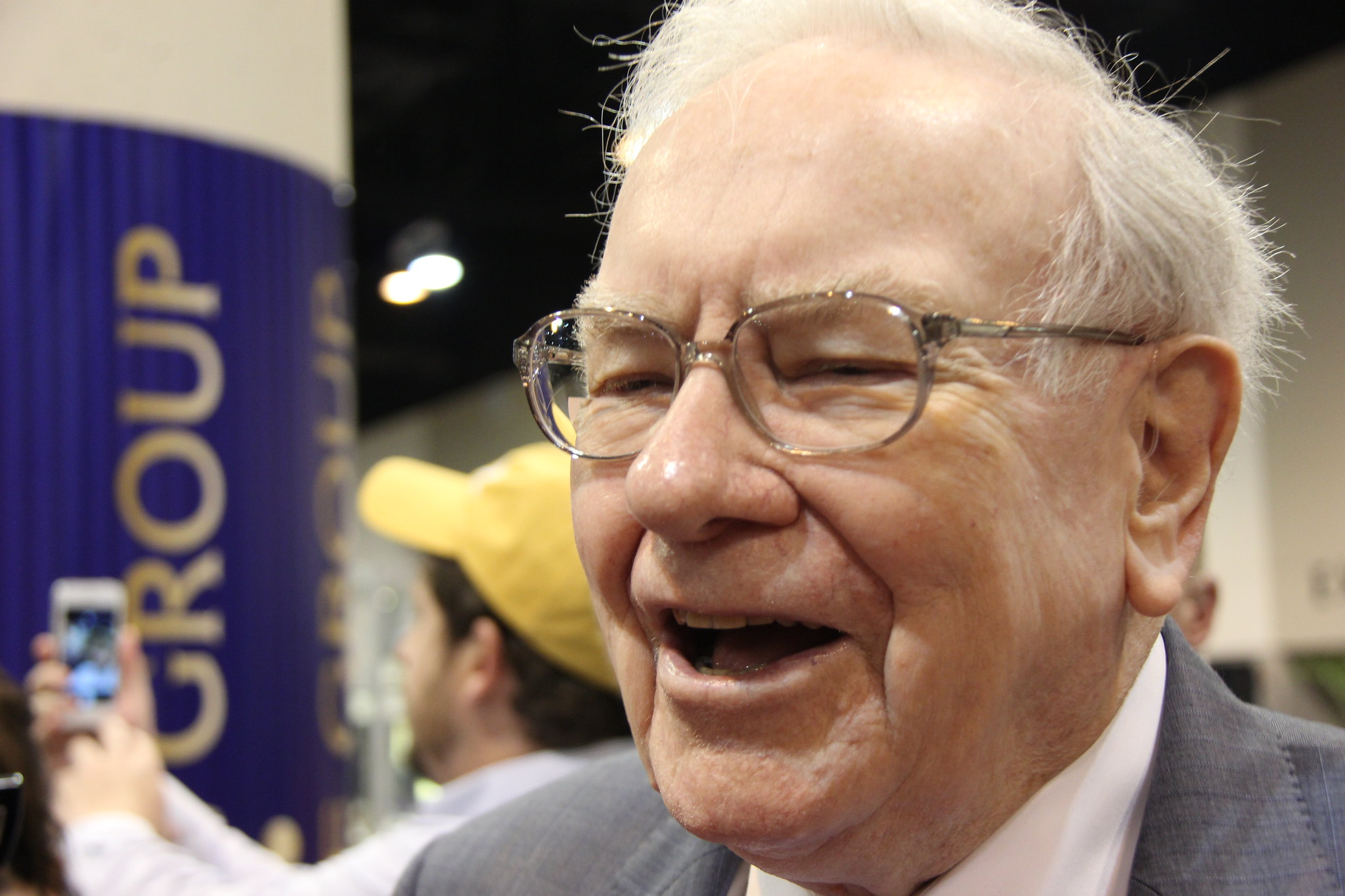Spoiler: You would be quite pleased with your investment’s current value.
Just about all of us know that Warren Buffett is one of the best investors ever. Over nearly 60 years, he has increased the value of shares of his company Berkshire Hathaway (BRK.A 0.20%) (BRK.B -0.02%) by an average annual rate of 19.8%. The S&P 500 index averaged 10.2% annually over the same period.

Image source: The Motley Fool.
Let’s see what you would have today if you invested around $100 in Berkshire Hathaway in 1965, when Buffett took over the struggling textile company. Back then, one share cost about $19.
Buffett has long been averse to stock splits, but he did create a second class of shares — B shares, as opposed to the original A shares — with 30 class B shares equal to one class A share.
He then split those class B shares 50-to-1 as part of his acquisition of the Burlington Northern Santa Fe (BNSF) railroad. So today, one class A share is equal to 1,500 class B shares, with the latter recently trading for around $460 apiece.
Note, though, that the class A shares have never been split. So if you bought roughly $100 worth of shares in 1965, that would have been about five shares — totaling $95. Those un-split class A shares were recently trading for nearly $700,000 apiece. (Yes, that’s the price for a single share!) So if you still had your five shares, they would be worth nearly $3.5 million! All from a single $95 investment some 59 years ago.
If you’re not a Berkshire Hathaway shareholder, you can still become one, by snapping up some class B shares. Do so, and you’ll be a part owner of scores of businesses owned by Berkshire, such as the insurer GEICO, Benjamin Moore paints, and See’s Candies, and you’ll have a stake in Berkshire’s stock portfolio, too, with major positions in companies such as Apple and American Express.
There’s a lot to like about Berkshire Hathaway, and its future is promising — even if it doesn’t grow quite as fast as it used to.
American Express is an advertising partner of Motley Fool Money. Selena Maranjian has positions in American Express, Apple, and Berkshire Hathaway. The Motley Fool has positions in and recommends Apple and Berkshire Hathaway. The Motley Fool has a disclosure policy.

